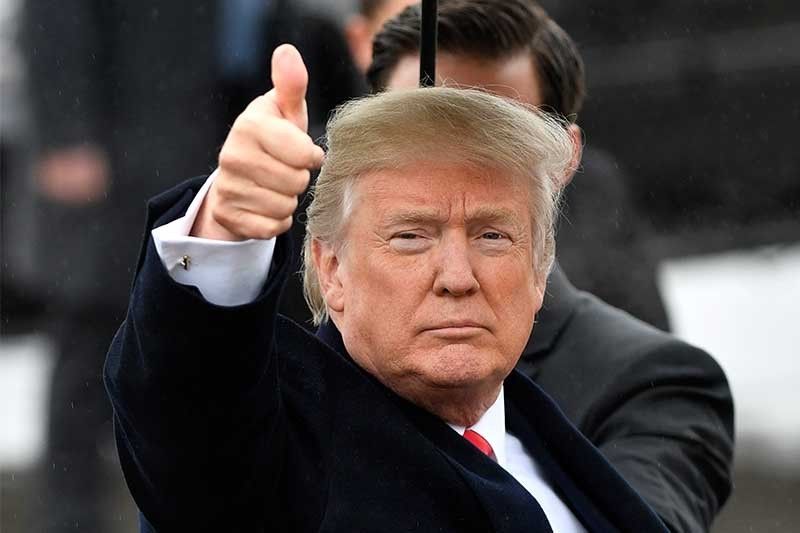Free, open Indo-Pacific will be 'legacy' of Trump admin, says US State Dept

MANILA, Philippines — The United States is looking forward to improving relationships with its allies in the Indo-Pacific region as President Donald Trump introduces his "America First" National Security Strategy.
Brian Hook, senior policy advisor to the US Secretary of State, said that Washington is set to execute a number of programs this year that would fall under its "free and open Indo-Pacific" initiative.
"We have a lot of work to do to deepen our ties around economics, diplomacy, security and very importantly the promotion of the principles that so many countries in that region share with the United States," Hook said in a telephone press conference Tuesday morning (Manila time).
RELATED: Analyst: New opportunities for US-Philippines alliance under Trump's new strategy
Hook further noted that Trump, Vice President Mike Pence, State Secretary Rex Tillerson and Defense Secretary Jim Mattis have all talked about the outlook of the US in the Indo-Pacific region.
"We have an interest in a free and open Indo-Pacific that goes back to the earliest days of our republic but this is, I think, going to be a legacy piece of this administration," Hook said.
He added that the Indo-Pacific region one of the highest priorities of the US Department of State.
Trump's National Security Strategy (NSS) centers on four pillars - protect the homeland, promote American prosperity, preserve peace through strength and advance American influence.
Washington is looking to rebuild its military strength to ensure peace and deter hostility in key regions of the world, including the Indo-Pacific, Europe and the Middle East.
The NSS also addresses key challenges, such as the "revisionist powers" of China that use "coercion to shape a world antithetical to our interests and values."
Hook described China's behavior as "out of step" with the international rules-based order.
"They are pushing around smaller states in ways that put strains to the global system and their action also undermines core principles of sovereignty which are very dear to us," he said.
Despite China's expansive maritime claims in the South China Sea, the US remains committed to pursue freedom of navigation and overflight operations in the region.
"We are very clear of what our interests are and that we back the freedom of navigation operations and we let them (China) know that we will fly, sail and operate wherever international law allows," Hook said.
"We also have been very clear with China that we don’t accept unilateral actions by claimants aimed at changing the status quo while issues of sovereignty remain unresolved," he added.
- Latest
- Trending



























